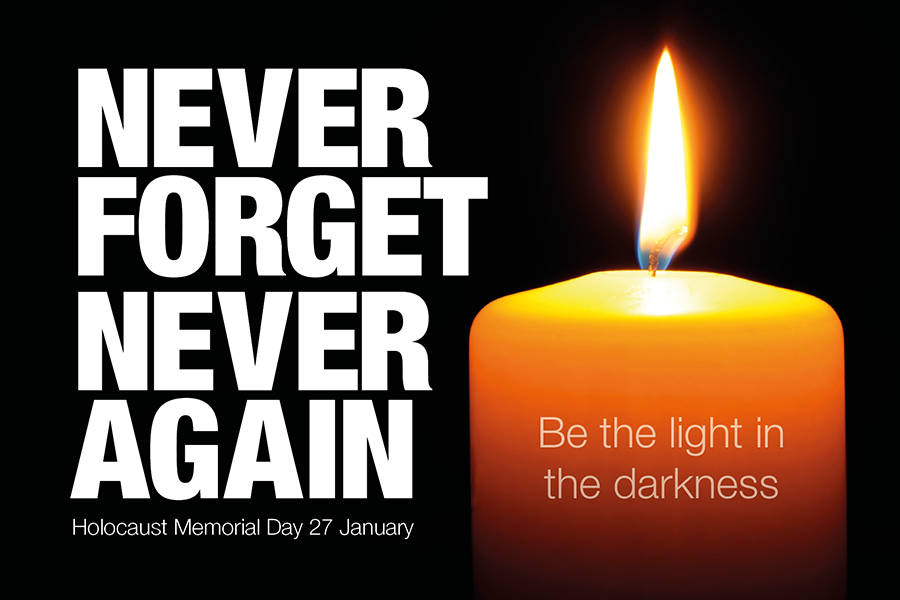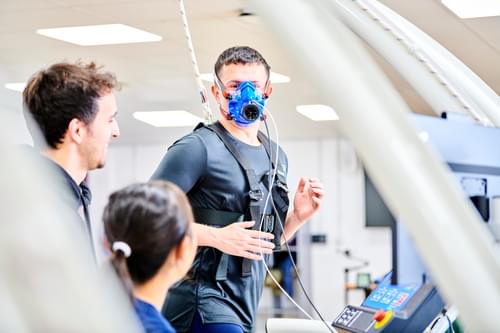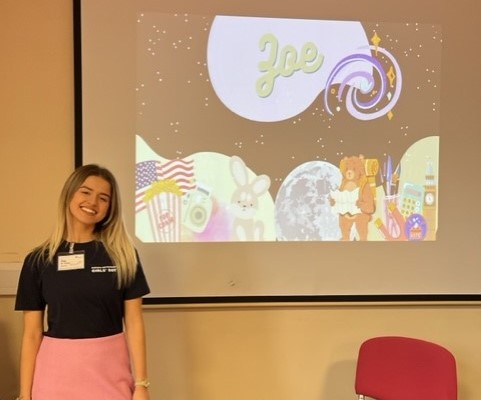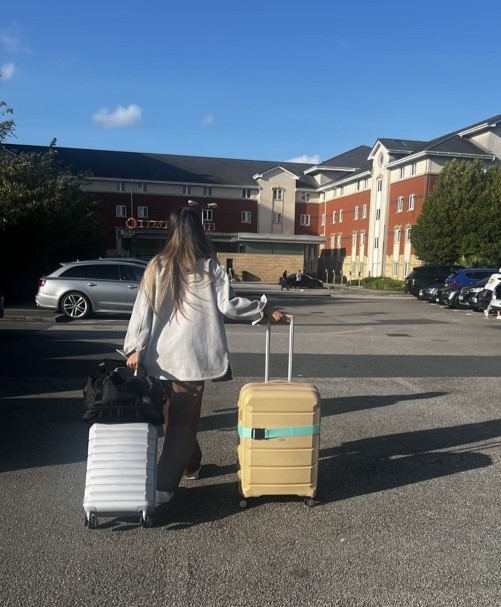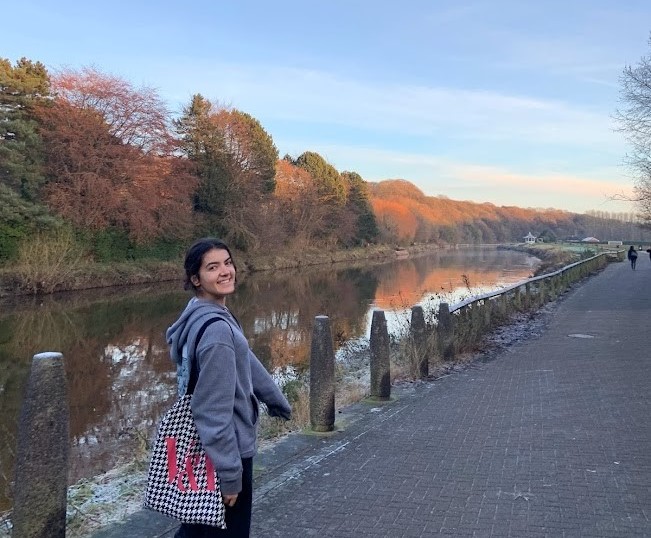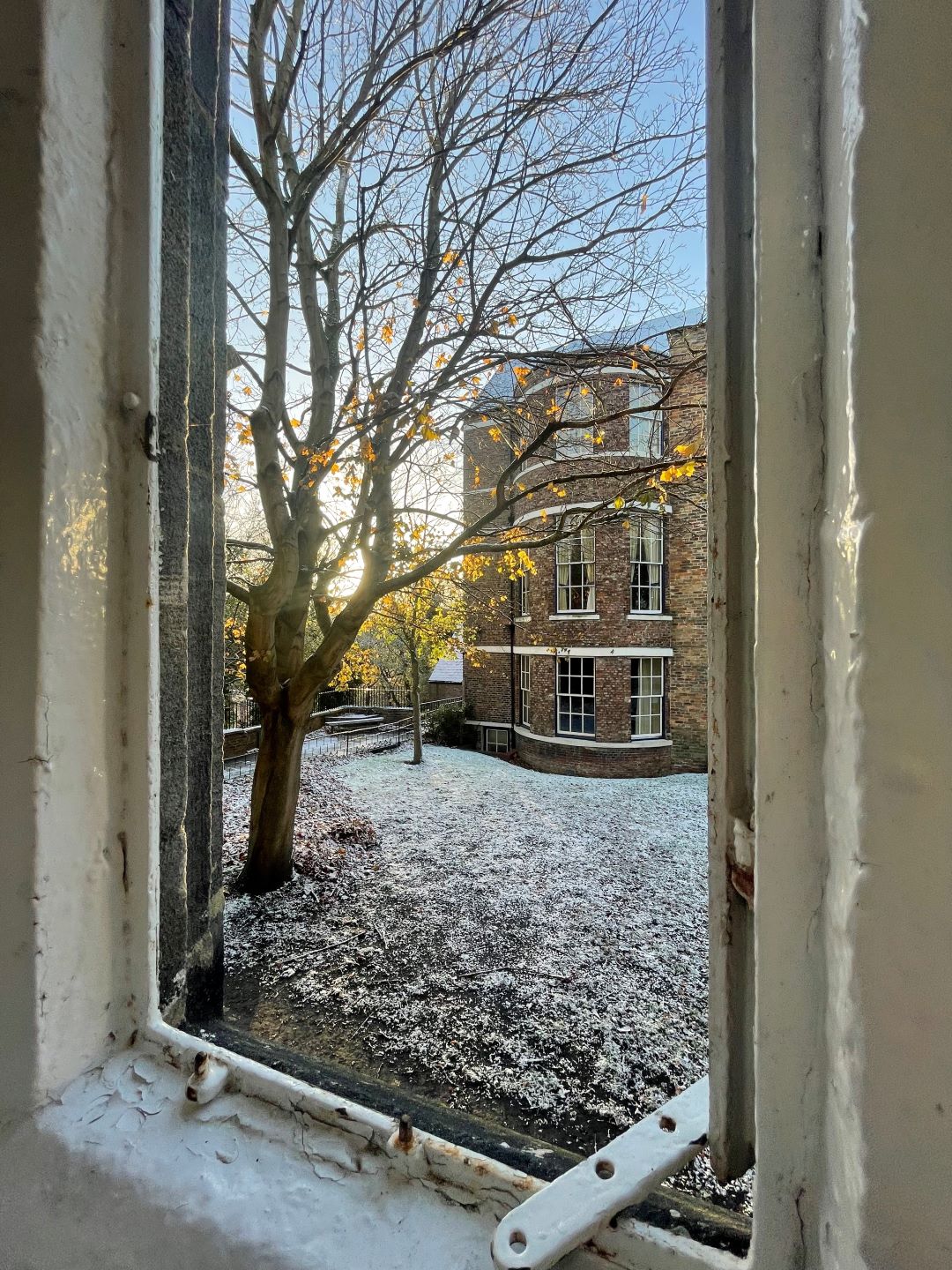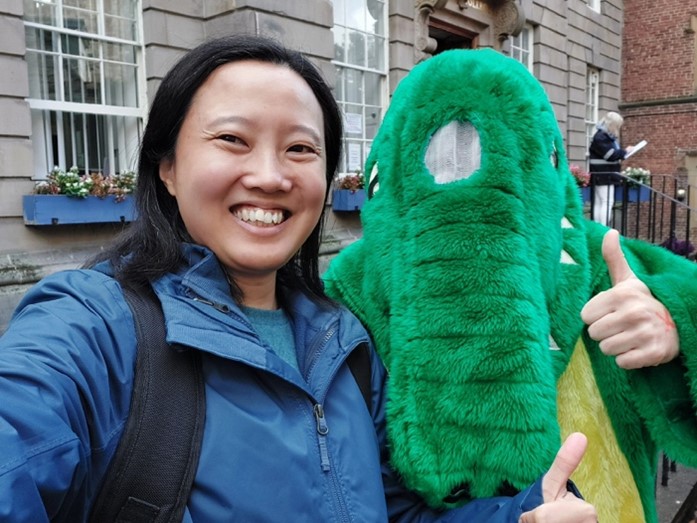Holocaust Memorial Day occurs on the 27 January every year, when we remember the six million Jewish men, women and children murdered by the Nazis and their collaborators during World War Two. This date was chosen specifically to mark the liberation of the Auschwitz concentration camp in 1945.
Why is it important to mark this day?
I cannot emphasise enough how important it is to mark this day, both for Jews and non-Jews alike.
For the Jewish community, the trauma of the Holocaust hangs over our heads constantly, whether this be through the personal loss of family members to concentration camps, or through anti-Semitic attacks today which continue to threaten our very existence. There is no escaping the painful legacy of the Holocaust for our community.
However, I believe it is just as important for non-Jews to mark this day too, and I therefore place a great emphasis on making this an interfaith experience open to all across the university. It seems easy to forget that the Holocaust occurred less than 100 years ago, and with every year that passes, it feels even more like a distant memory. With an increasing number of Holocaust deniers – five per cent of UK adults do not believe the Holocaust took place and one in 12 believes its scale has been exaggerated – the onus is on everyone, not just Jews, to remember the atrocities of this event.
The poll of more than 2,000 people was carried out by Opinion Matters for the Holocaust Memorial Day Trust (HMDT).
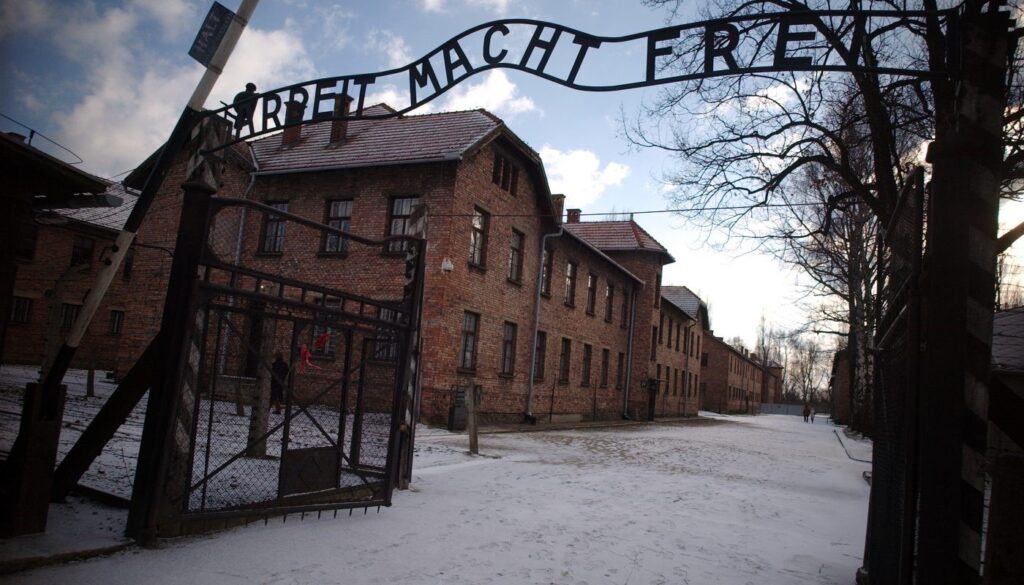
What do I hope will come from this?
Every year, we say ‘never again’. However, it is no secret that genocide continues to be carried out following the Holocaust: Cambodia, Rwanda, Bosnia, Darfur, and most recently, the current persecution of Uighur Muslims.
These subsequent genocides represent a failure of humanity to learn from the Holocaust, and the destructive power of human hatred. By marking this date every year, I hope we can not only commemorate the victims of the Holocaust, but also call attention to the ongoing genocides and persecution across the world.
In years to come, we cannot say we didn’t know.
What’s taking place around Durham?
We have several events taking place at Durham on the week commencing 24 January, both in-person and online, to ensure students can attend in a capacity they feel comfortable with.
We are extremely fortunate to be able to hear the testimonies of survivors themselves. There are very few both first and second generation survivors still alive, and it is extremely important to hear their stories whilst we still can. The events we have taking place so far are the following:
- Monday 24 January at 6pm – an online Holocaust Memorial Day Educational Trust’s university event. Attendees will hear the testimony of a survivor and have the chance to ask questions should they wish. Please contact me if you’d like to be sent the Zoom link for this.
- Thursday 27 January at 1pm – Durham County Council’s virtual event, in which attendees will be hearing the testimony of Holocaust survivor Uri Winterstein.
- Thursday 27 January at 6:45pm – Stephenson College’s in person remembrance event, for students only, please bring your campus card for entry. Where a poem will be read, a minute’s silence, and light electric candles. They will also be streaming the Holocaust Memorial Day Trust’s ceremony between 7pm and 8pm at the college.
You can contact Jsoc on Facebook Instagram or by email [email protected].


